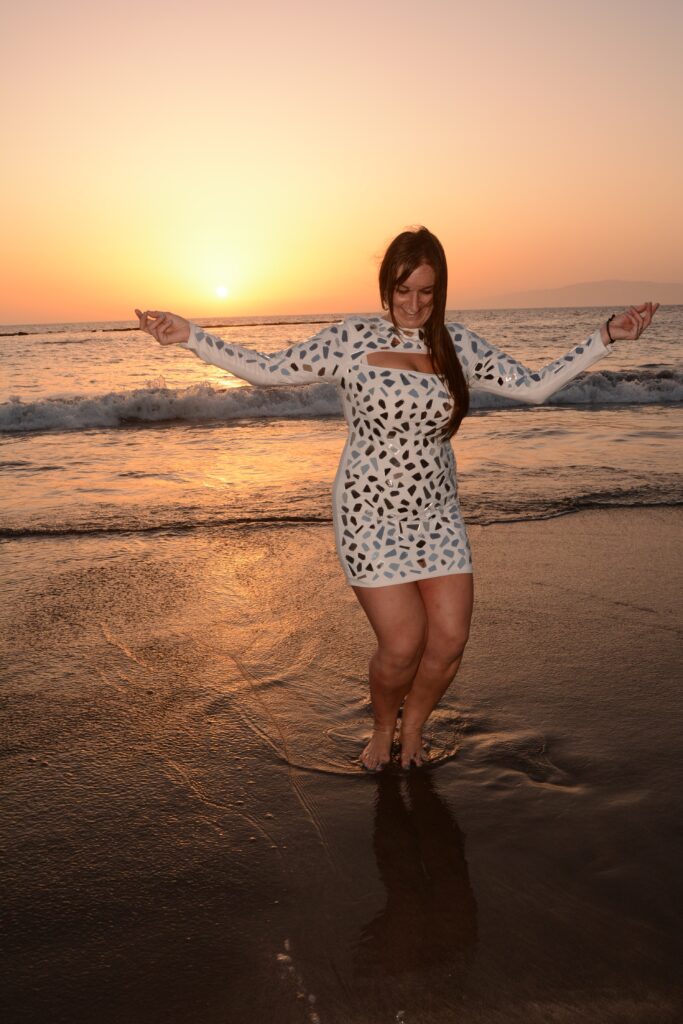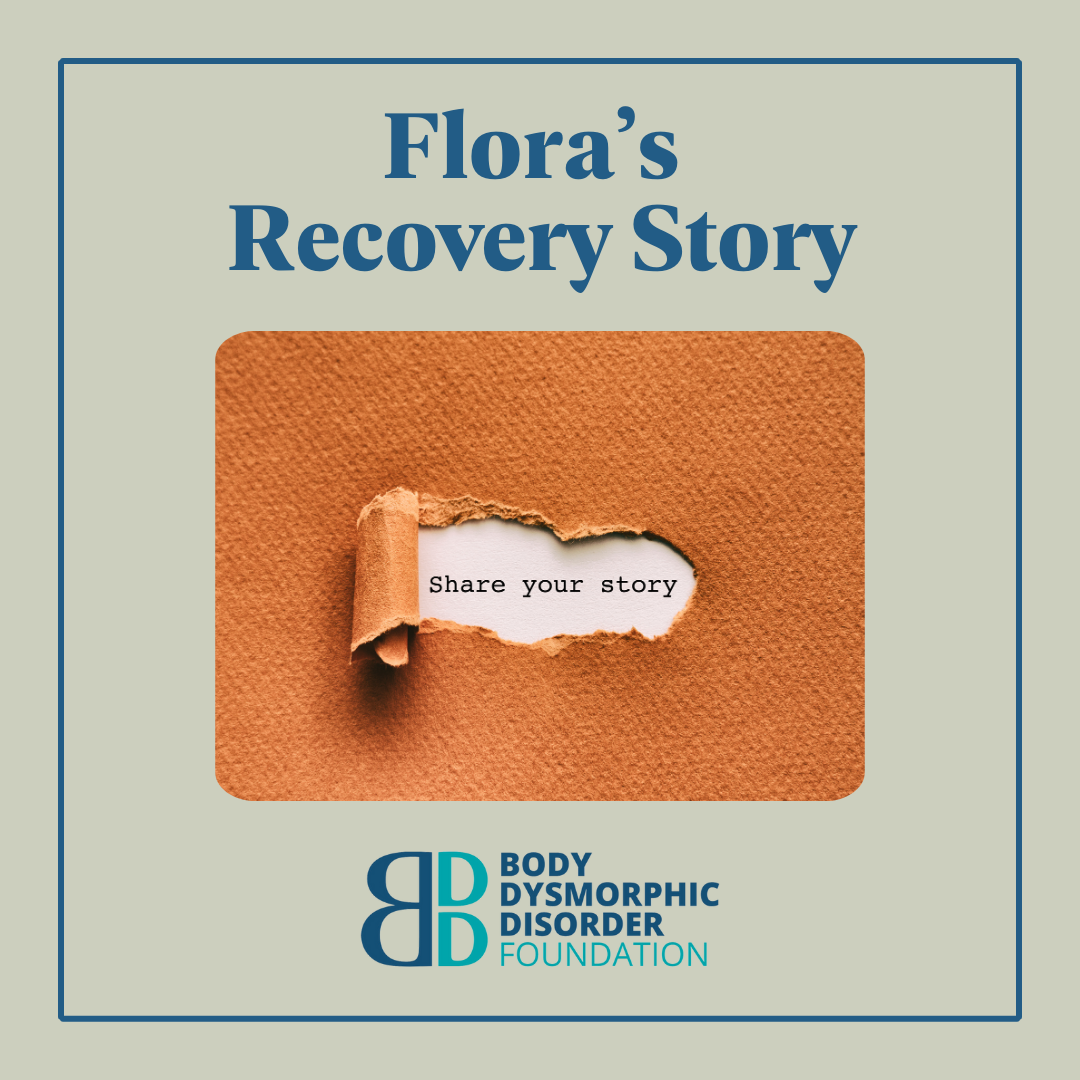“I now have self-compassion and know I am worthy of happiness and a fulfilling life.”
I first contacted the BDD Foundation after realising that for my entire adult life of 20+ years, I had been suffering from BDD. I have always had a debilitating preoccupation with my perceived flaws, but had never approached the reality of potentially having BDD, due to not feeling ill enough to have it and not wanting to face the fear of accepting it and dealing with it.
When I first reached out for support, it was after 4 months of self-sabotaging, convincing myself I didn’t have BDD and wasn’t worthy of recovery. None of my friends or family understood or knew how to support me, and I had no idea how to navigate it. But I was at the point of not wanting to live a life of complete and utter destruction anymore, and knew something had to change. I felt completely alone, like a freak, helpless, hopeless and at a complete loss with life with no way out. My safety behaviours were dictating my life and I couldn’t escape the grips of BDD.
But, after finding the BDD Foundation online, I took the hugely scary step of attending the Zoom support groups, off camera and silent during the sessions. But hearing people’s identical feelings and experiences reassured me that I wasn’t alone. The BDD Foundation offered a 20-week, CBT-based structured support group (now known as the Overcoming BDD Programme) which I applied for and attended, and it was life-changing.
It was a small group led by facilitators who had lived experience of BDD, and we explored our past experiences that have shaped us developing BDD and learnt some incredibly transformational CBT-based practises, such as the Big I and Little I, the vicious flower, exposure exercises and behavioural experiments, Theory A vs Theory B, exploring personal qualities, and self-compassion – which was the turning point for me in being able to recover.
If it wasn’t for the help of the BDD Foundation, I would not have been able to value myself for who I am rather than based on my appearance, and I would never have been able to realise that the problem was the way I thought about my body, not my body itself. Thanks to the BDD Foundation and my recovery, I now appreciate myself for who I am, the energy I bring to life, and the qualities I have that make me who I am, rather than place all my self-worth and value in the way my body looks.

This is me, having a professional photoshoot done on holiday, with quite a few spectators… living my life, enjoying being present, in my ‘broken mirror’ dress that I made myself as an empowering take on the ‘broken mirror’ metaphor of the distorted view I had of my body.
I now don’t camouflage myself and instead, I wear (and even make) bright, vibrant and exciting clothes that make me feel good. I now go out to social events and enjoy them and can be present, rather than avoiding them and isolating myself away from everyone to avoid being seen. I now have self-compassion and know I am worthy of happiness and a fulfilling life, regardless of what I look like. And thanks to the BDD Foundation, I have the coping mechanisms and toolkit to be able to not let BDD overcome me when the thoughts come creeping back.
I have also gained the confidence to share my experiences and took part in the Beating BDD podcast, as well as participating as a volunteer in a self-compassion exercise at a BDD Foundation Conference. I would say that the most impactful thing I have gained from the BDD Foundation is knowing that recovery is possible and will always be worth it.

